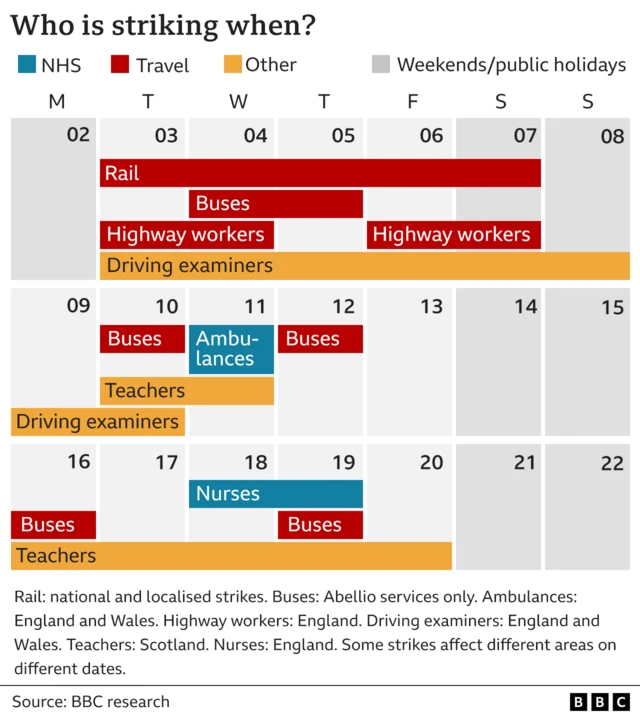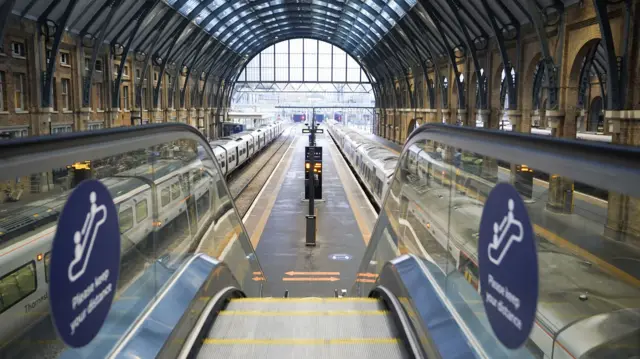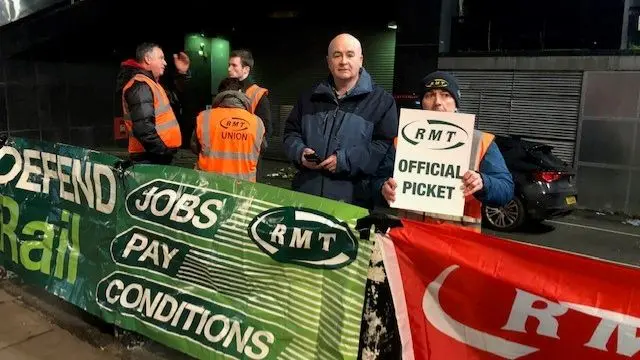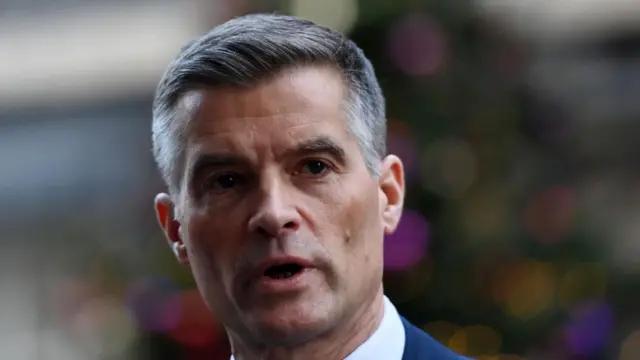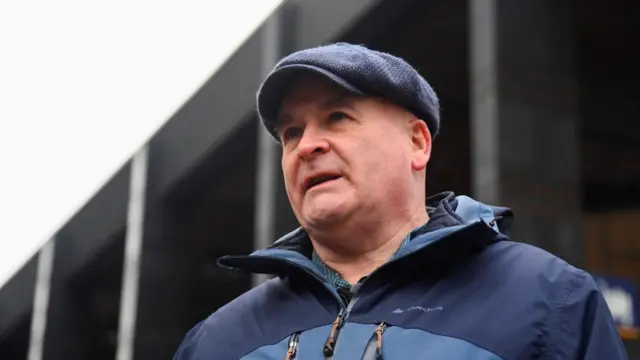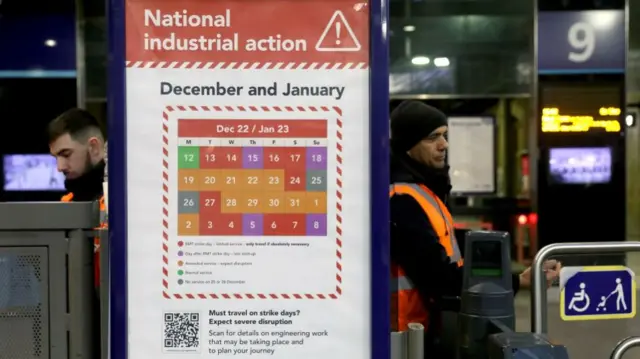Rail strikes: What to do if your journey is impactedpublished at 08:30 GMT 3 January 2023
Rail services face severe disruption this week as thousands of workers take to the picket line as part of a fresh round of strike action.
Industrial action by the RMT union will take place on 3-4 and 6-7 January, while train drivers' union Aslef has called a strike on 5 January.
National Rail says , externalit is working hard to minimise the effect this will have on services but some services will be cancelled, limited or disrupted.
Here’s what you need to know if your journey has been affected:
- Advance, Anytime or Off-Peak tickets for 3, 4, 6 and 7 January can be used the day before the date on the ticket, or up to and including Tuesday 10 January
- The same applies to passengers affected by the Aslef strike action on 5 January
- Passengers with tickets for long distance operators should request a refund and rebook onto an alternative service
- Seats cannot be guaranteed on trains running on days either side of the strike action. Passengers are advised to check with train operators before travelling
